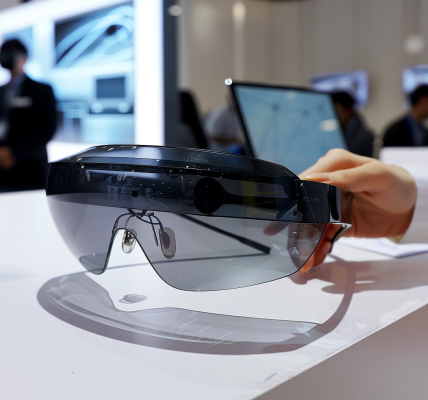ByteDance, the parent company of popular social media platforms TikTok and Douyin, has recently made headlines as CEO Liang Rubo berated employees for their slow reaction to emerging technologies, specifically the OpenAI chatbot known as ChatGPT.
During an internal meeting, Liang expressed disappointment that discussions about ChatGPT only surfaced in 2023, despite the chatbot’s launch in November 2022. This delay led Liang to criticize ByteDance for being less responsive to new tech trends compared to agile startups that quickly identified and capitalized on projects, such as those found on GitHub.
Liang, who assumed the CEO role after founder Zhang Yiming’s departure in 2021, highlighted the success of AI-based technologies in the industry, citing ByteDance’s own content recommendation system as a prime example. This system has been instrumental in transforming Musical.ly, acquired by ByteDance in 2017 and subsequently merged with TikTok, into a leading social media platform.
ByteDance’s delayed entry into the chatbot market, with the launch of Doubao and Cici AI in the latter half of 2023 following the footsteps of competitors Baidu and Alibaba Group Holding, has drawn criticism from Liang. Additionally, he emphasized the need for ByteDance to maintain an entrepreneurial spirit and a ‘sense of crisis’ to stay competitive in the rapidly evolving tech landscape.
Liang’s remarks underscore the growing importance of swift adaptation to technological advancements in the fiercely competitive tech industry. As ByteDance aims to regain its agility and responsiveness, the company faces the challenge of aligning its strategies with the rapidly evolving tech ecosystem.
It is clear that ByteDance’s leadership is acknowledging the need for a proactive approach to identifying and capitalizing on emerging technologies, signaling a potential shift in the company’s corporate culture and operational strategies moving forward.





